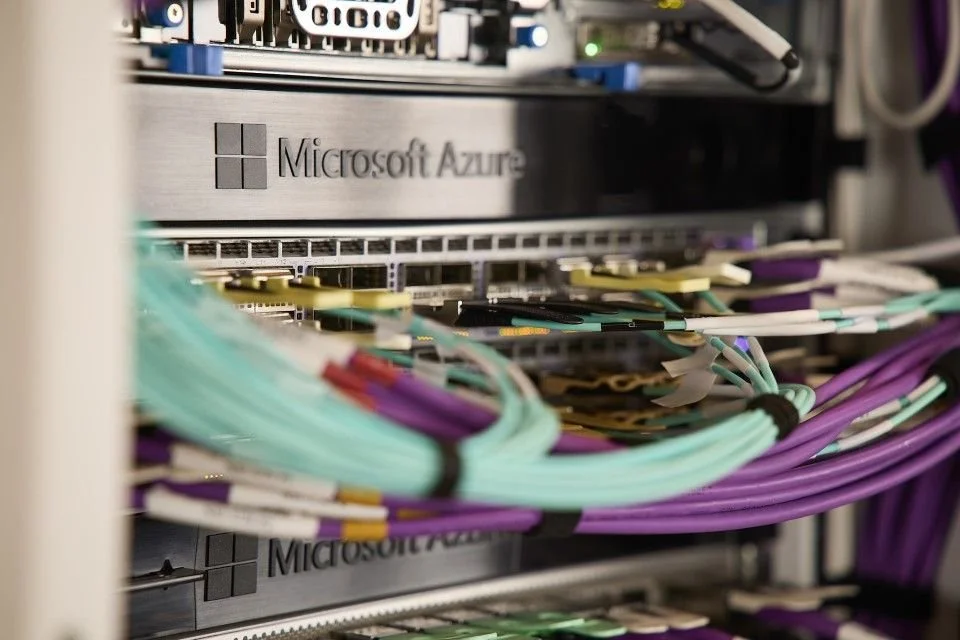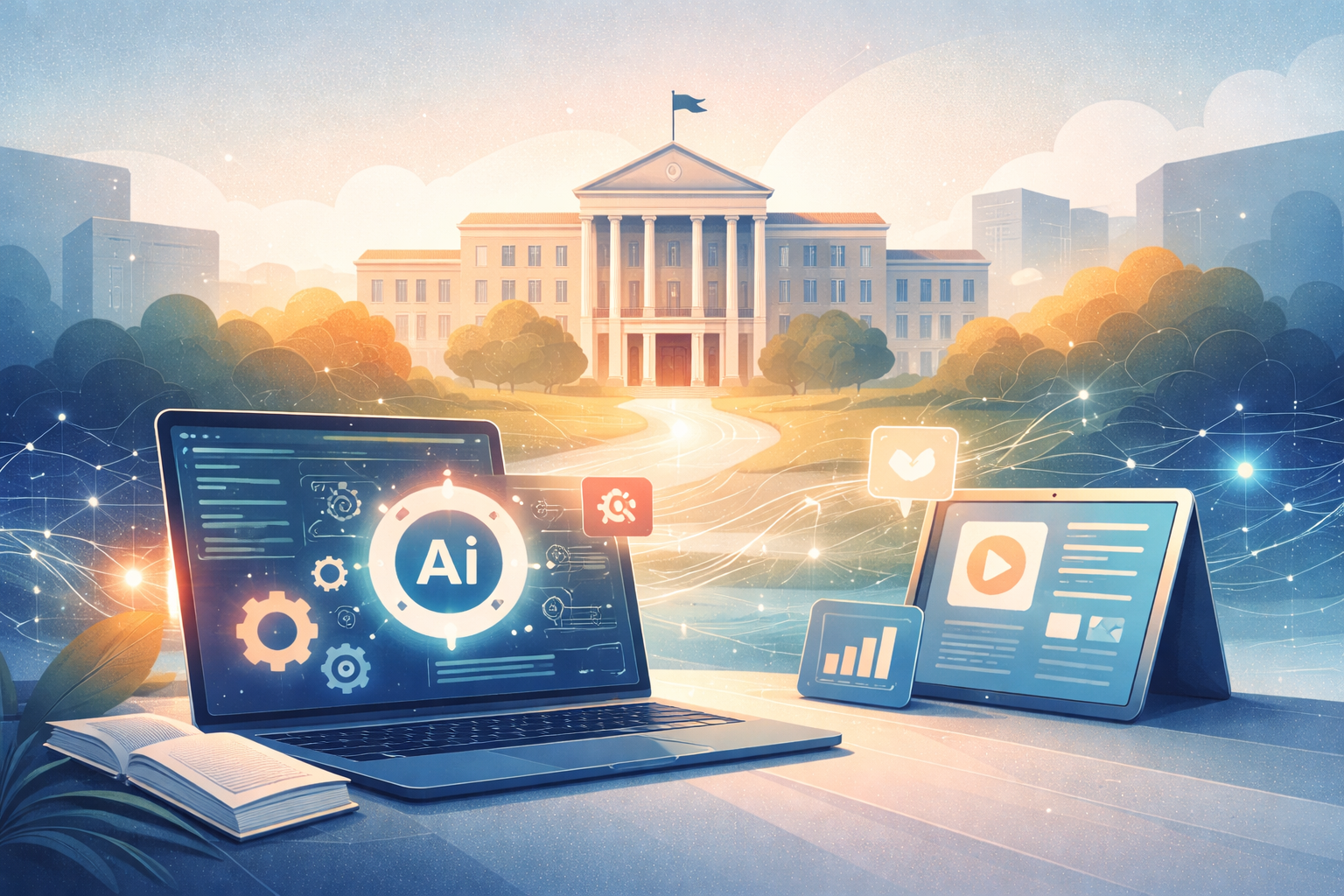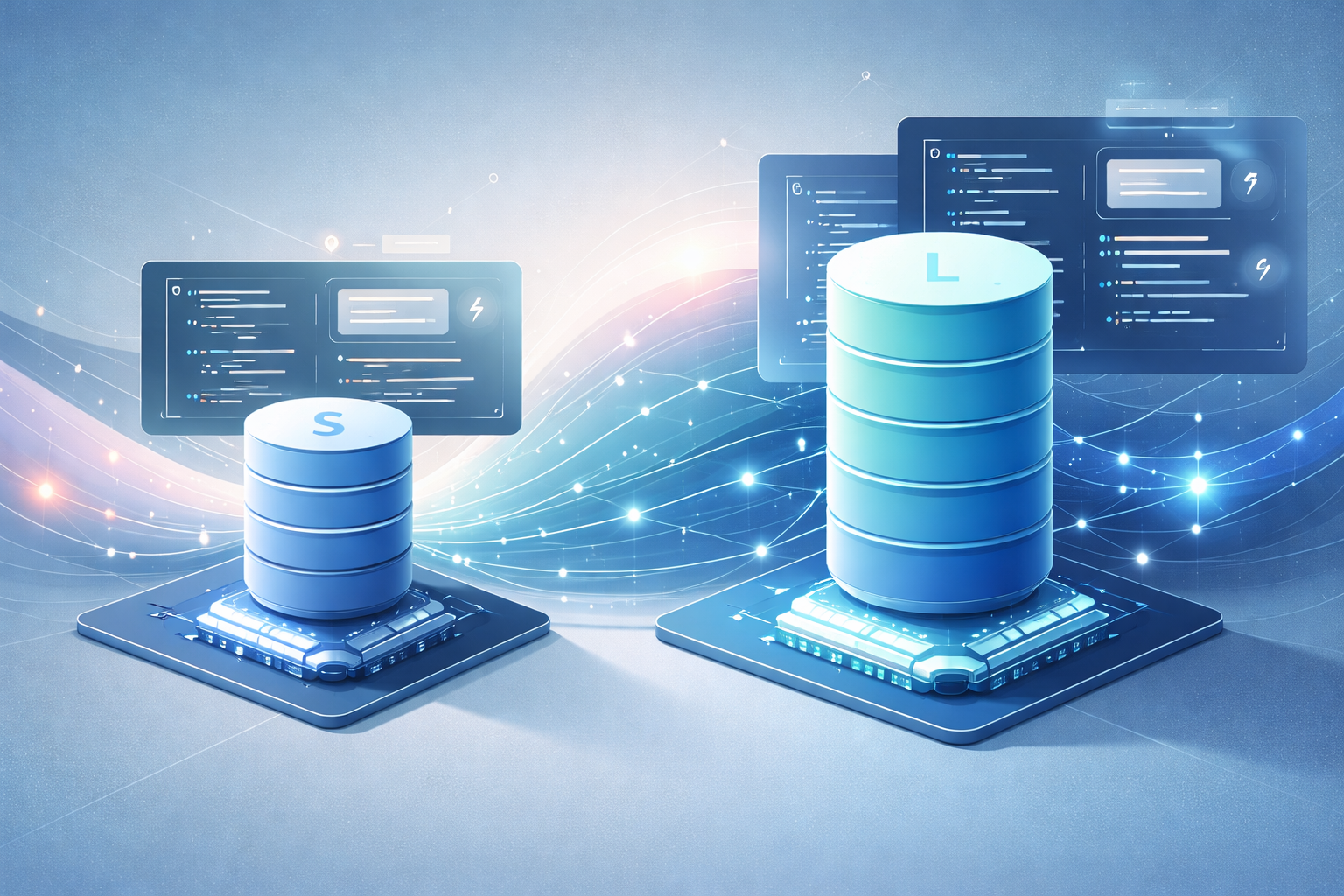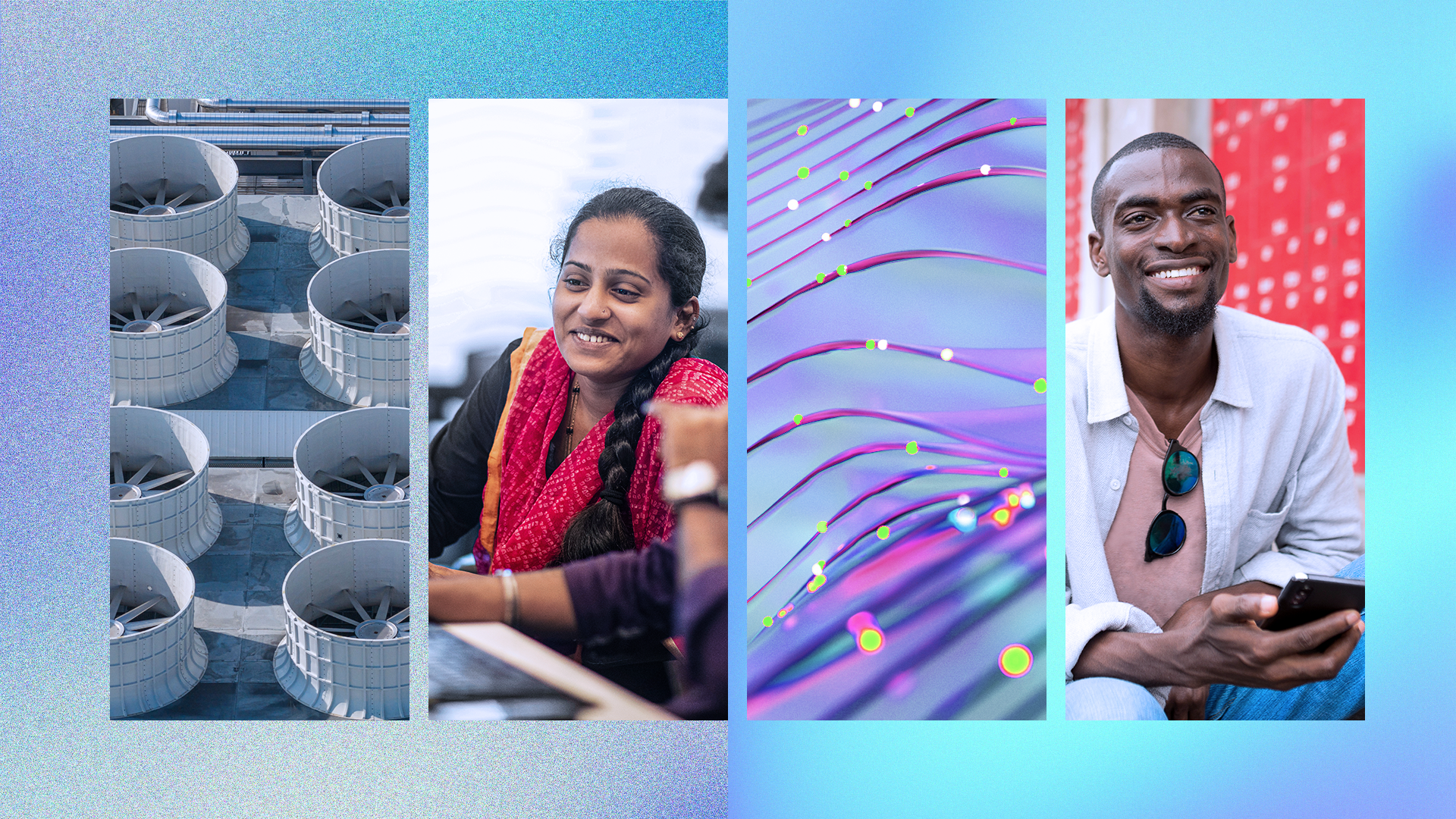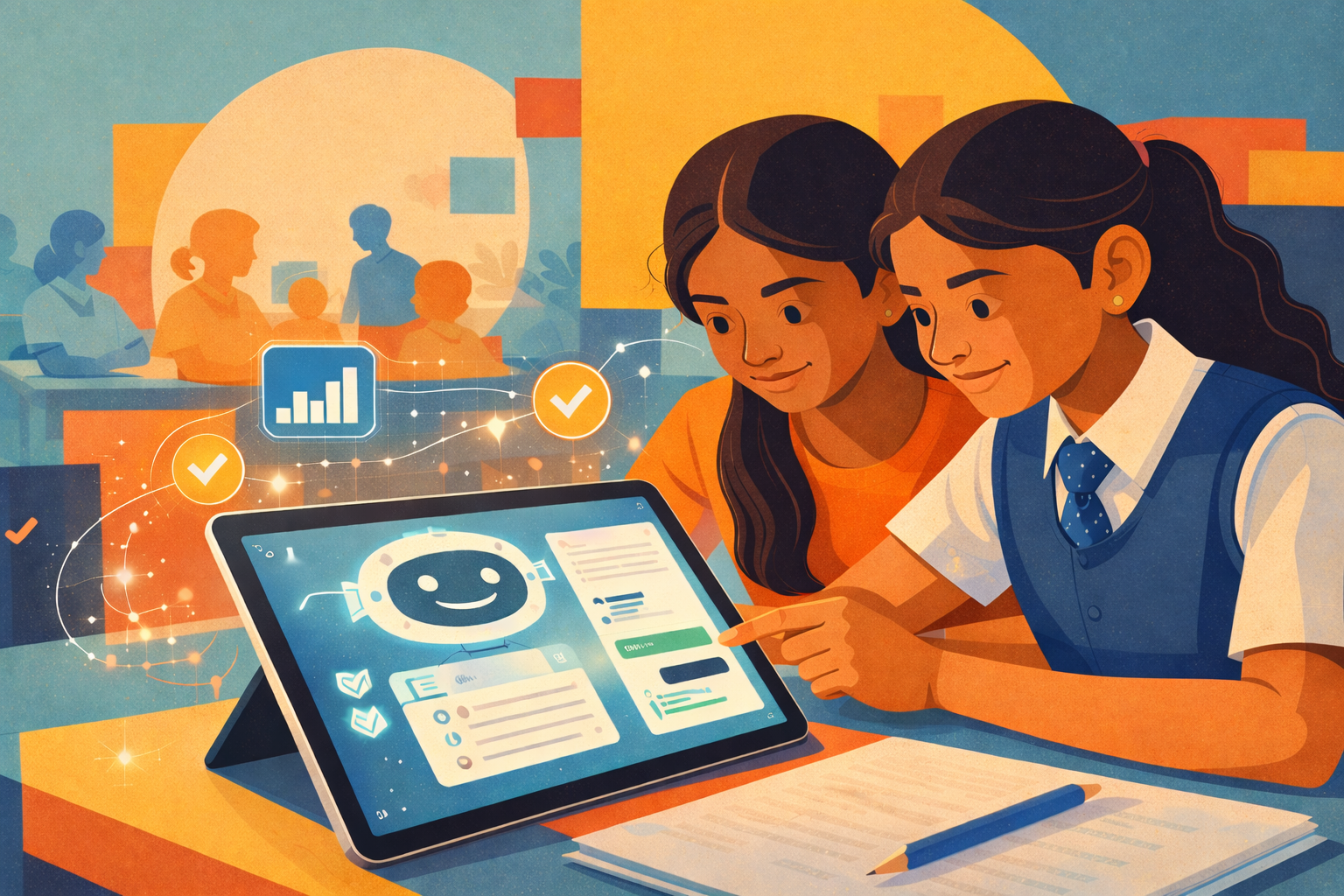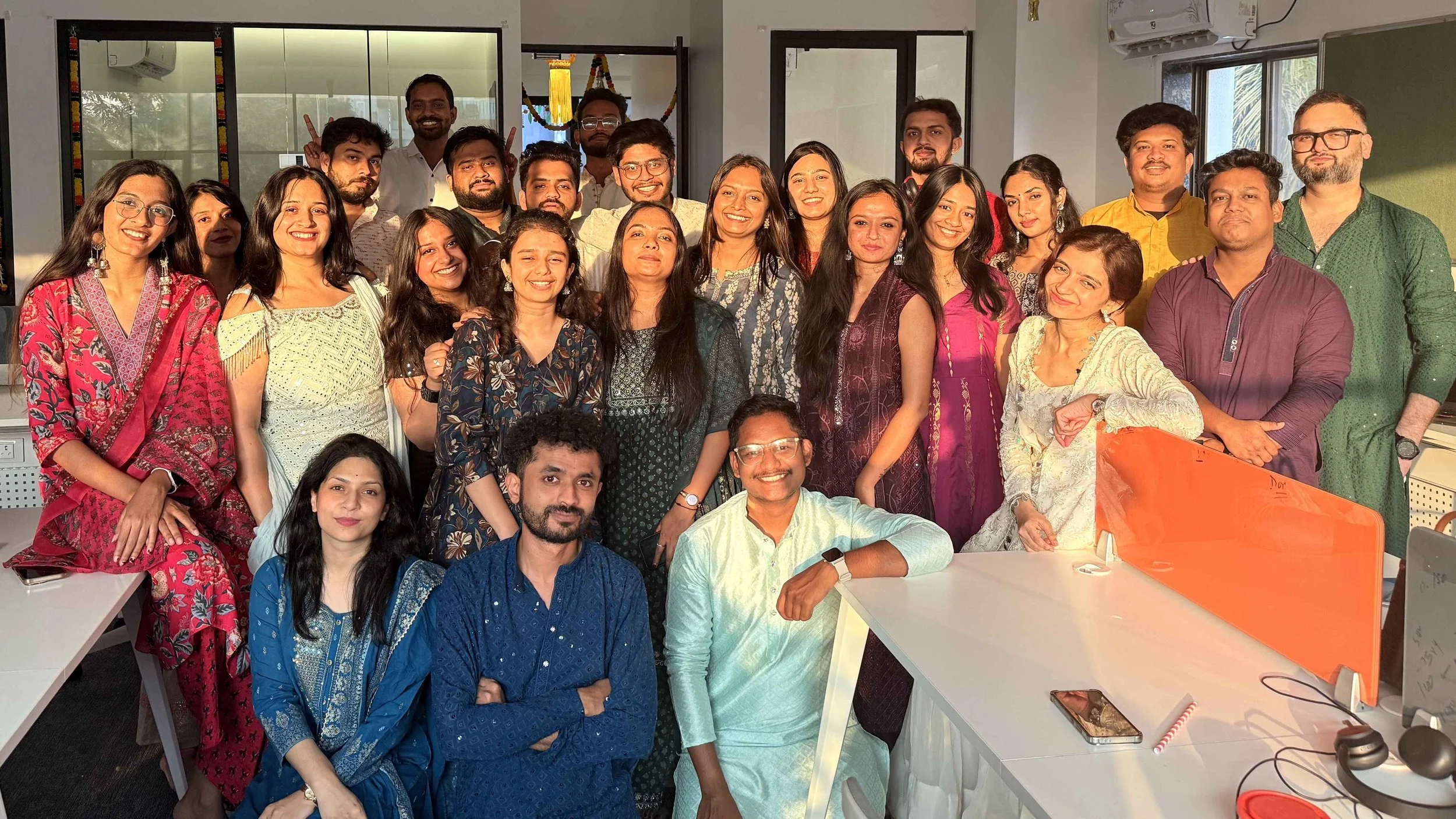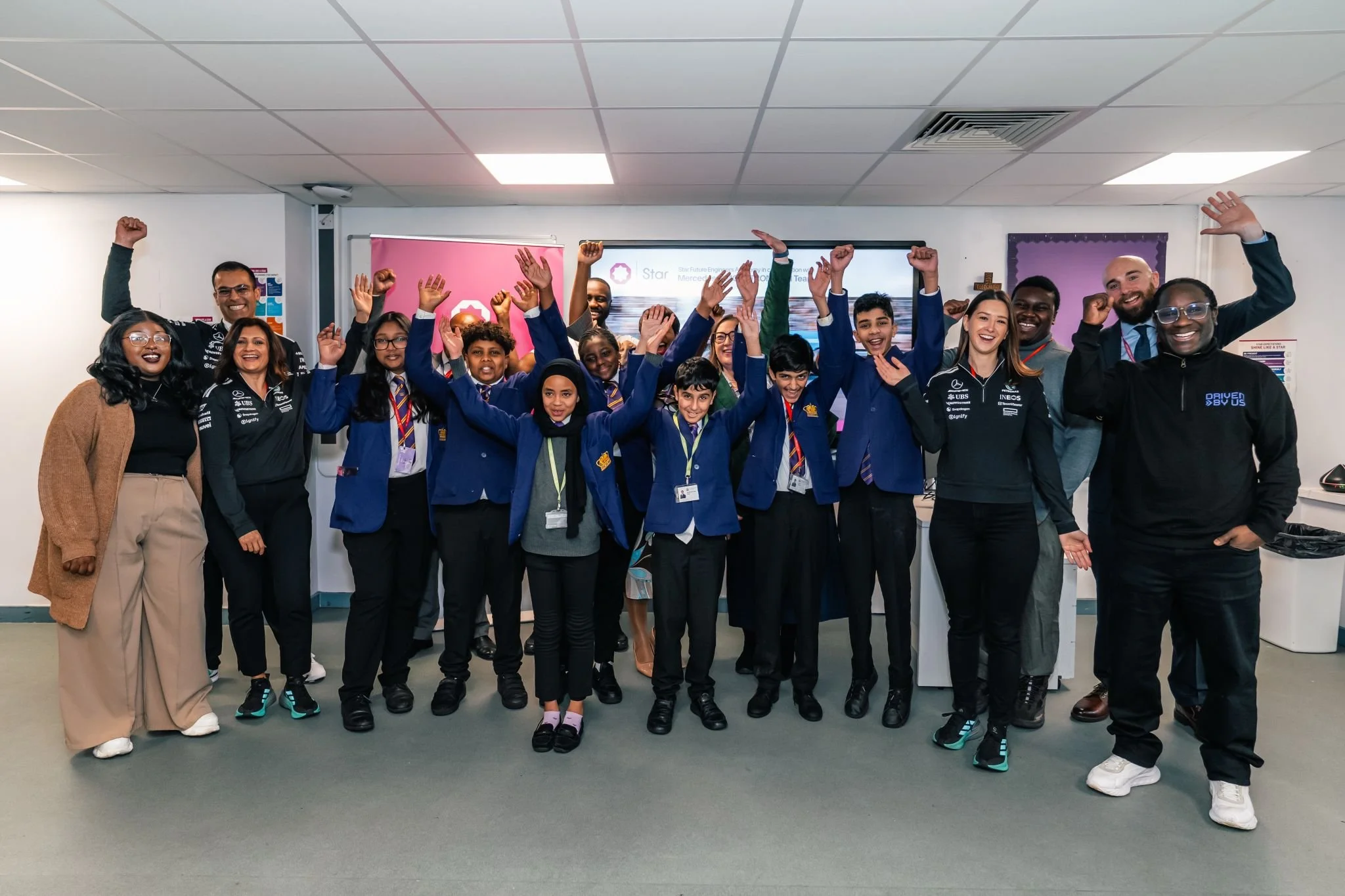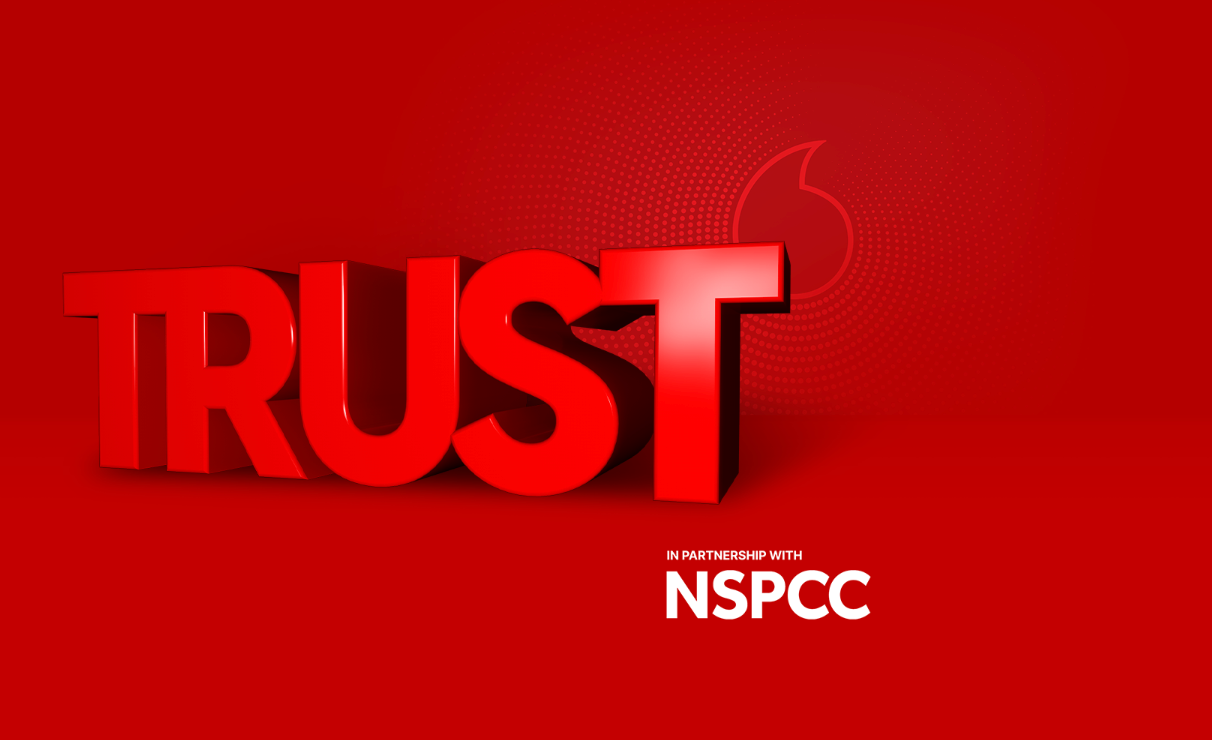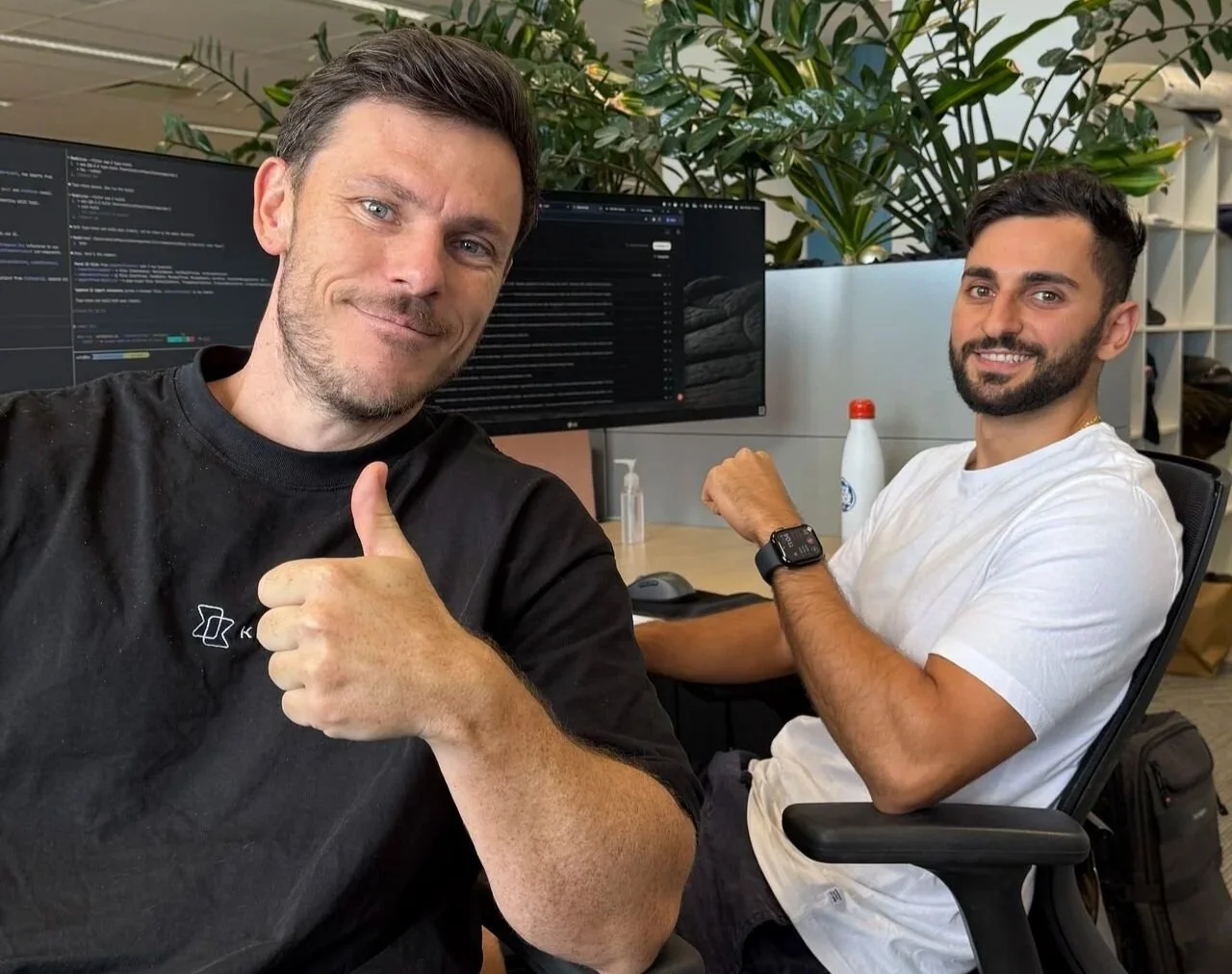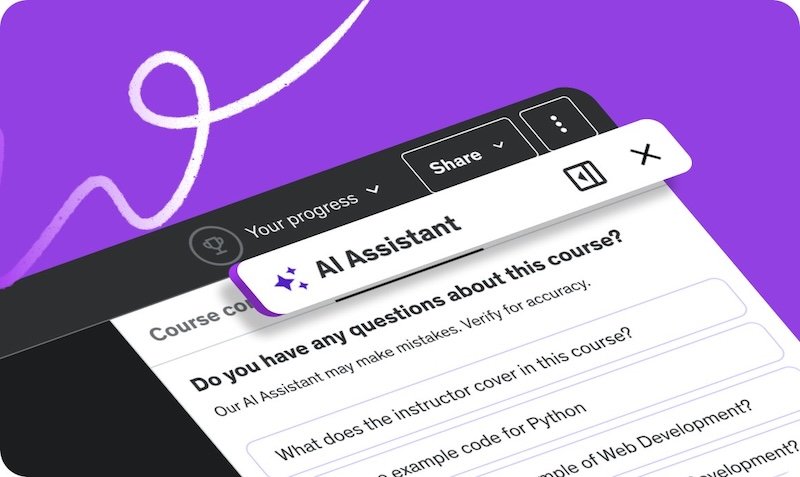Starring Microsoft, Stanford, Canva and more: ETIH rolls out the biggest education technology news stories of the week
It’s been another week dominated by AI, from federal commitments to K–12 upskilling and strategic platform deals, to major AI tool launches in the classroom and clinic. Here are the top 10 most-read EdTech Innovation Hub stories of the week, counting down from 10 to 1.
10. Microsoft tests AI MAI Diagnostic Orchestrator tool that outperforms doctors in complex medical diagnoses
In at number 10, Microsoft revealed its latest experiment in medical artificial intelligence: MAI-DxO, a system designed to outperform human doctors in complex diagnosis scenarios.
By combining multiple LLMs like GPT-4, Gemini, and Claude into a collaborative AI team, MAI-DxO reached 85.5% diagnostic accuracy, compared to 20% for physicians. The tool is still in development, but it’s another sign of AI’s growing influence in high-stakes decision-making.
9. Stanford’s new Co-STORM tool uses AI to generate long-form reports with outlines and citations
In at number nine, Stanford researchers introduced Co-STORM, a free AI tool for structured academic writing. The system separates planning from drafting to reduce hallucination and improve factual accuracy.
Early testing showed a 99% citation accuracy rate and better coherence than traditional AI writing assistants. Co-STORM also includes question prompts and citations drawn from reliable sources, making it especially promising for students and educators alike.
8. HCLTech signs strategic deal with OpenAI to expand enterprise-scale AI adoption
Next up at number eight, India’s HCLTech signed a multi-year partnership with OpenAI to embed generative models into its AI Force and AI Foundry platforms.
The deal also includes internal deployment of ChatGPT Enterprise for upskilling HCLTech’s workforce. The move adds momentum to OpenAI’s global reach and showcases another major application of AI in enterprise training and workflow optimization.
7. Operation HOPE and Georgia State pilot AI literacy program for underserved students
Making a strong entry at number seven, the AI Literacy Pipeline to Prosperity Project (AILP³) launched this summer with a week-long camp hosted at Georgia State University.
Led by Operation HOPE founder John Hope Bryant, the program teaches underserved students the fundamentals of AI, coding, and financial literacy. The pilot aims to build a national model that blends emerging tech with economic empowerment.
6. New College Lanarkshire students turn robotics concept into working prototype at WorldSkills UK Designathon
Sliding into number six, students from New College Lanarkshire transformed a theoretical robotics concept into a full prototype during the WorldSkills UK Designathon at MTC Training in Coventry.
Their work combined CAD modelling, 3D printing, and automation programming — giving students hands-on access to advanced manufacturing processes. The event also included industry-led feedback and career pathway sessions.
5. Pearson and Google Cloud join forces to build AI-powered tools for K–12 learners and educators
Halfway through the list at number five, Pearson and Google Cloud announced a strategic partnership to build generative AI tools for K–12 education.
The collaboration will incorporate Gemini and LearnLM to enhance personalized learning, as well as issue verified digital credentials through Credly. The aim is to strengthen teacher support and provide scalable, secure content development for virtual schools and assessments.
4. Google Gemini and ChromeOS expand classroom tools with AI-powered features and device upgrades
AI returns again at number four as Google expands its Gemini-powered tools across Google Classroom and ChromeOS.
Educators now have access to AI-generated lesson planning, assignment creation, and instructional support — plus upgraded Class controls for student screen management. Students also benefit from Gemini Canvas and visual study aids powered by generative AI.
3. White House AI pledge backed by 60+ organizations including big hitters Amazon and Google
Breaking into the top three, the White House’s new “Pledge to America’s Youth” has received support from over 60 major companies, including Microsoft, Meta, Apple, OpenAI, and Google.
The pledge commits to expanding AI literacy in K–12 schools, offering funding, training, and curriculum support to prepare students for an AI-driven workforce. It’s a significant public-private push toward national AI readiness.
2. Cybersecurity: Why educators are targeted by cyberattacks and how they can be prevented
This week’s runner-up is a standout comment piece from ETIH content editor Rachel Lawler, who explores the rise in cyberattacks targeting schools and colleges—and what the sector can do to respond.
With high-profile breaches like the PowerSchool incident and ransomware disruptions affecting schools in the UK and Greece, the article features expert insights from Dr Darren Williams (Blackfog) and Cindi Carter (Check Point). The message is clear: cybersecurity is no longer optional in education.
1. Canva to embed creative suite into AI tools, including OpenAI ChatGPT
And taking the top spot this week, Canva has become the first design platform to fully integrate its suite into ChatGPT and other AI interfaces.
Users can now generate presentations, social media posts, and visual assets directly within ChatGPT. Canva also announced its own Model Context Protocol server to support multimodal content workflows across multiple AI assistants.
RTIH AI in Retail Awards
Our sister title, RTIH, organiser of the industry leading RTIH Innovation Awards, proudly brings you the first edition of the RTIH AI in Retail Awards, which is now open for entries.
As we witness a digital transformation revolution across all channels, AI tools are reshaping the omnichannel game, from personalising customer experiences to optimising inventory, uncovering insights into consumer behaviour, and enhancing the human element of retailers' businesses.
With 2025 set to be the year when AI and especially gen AI shake off the ‘heavily hyped’ tag and become embedded in retail business processes, our newly launched awards celebrate global technology innovation in a fast moving omnichannel world and the resulting benefits for retailers, shoppers and employees.
Our 2025 winners will be those companies who not only recognise the potential of AI, but also make it usable in everyday work - resulting in more efficiency and innovation in all areas.
Winners will be announced at an evening event at The Barbican in Central London on Wednesday, 3rd September.



